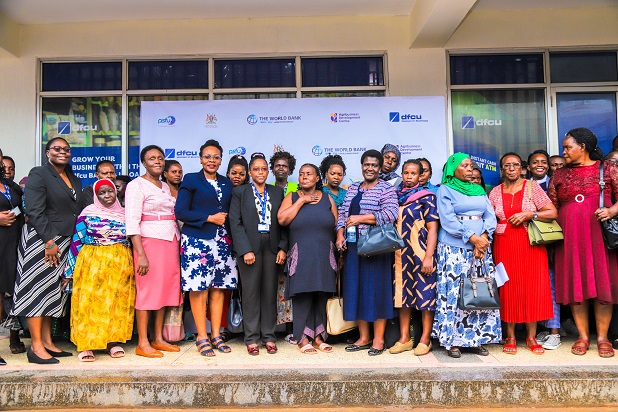The high number of covid-19 community infections and fatigue is leading to covid-19 infections among health workers.
According to the Uganda Medical Association, more than 3,000 health workers have been infected with the disease since March 2020. The first infections among health workers were reported in July 2020 and a year later, the number of infections and deaths seems to be increasing.
Last month, 16 doctors succumbed to the disease. This is the highest number of doctors that have succumbed to the disease in the space of one month.
In his book, ‘Surviving COVID-19: Experiencing GOD’s Overwhelming Grace,’ Dr Ombeva Malande, a senior consultant in paediatric infectious diseases says he got infected with the disease at a time when the index of suspicion was very low.
“As a health worker, I did not imagine I would contract COVIID-19 so soon. It hit at a time I least expected, and from a family, I treated without thinking that they could be infected. I rushed to help a sick child in an emergency and got exposed extensively,” he narrates.
Dr Frank Asiimwe, in charge of health worker welfare within the Uganda Medical Association, says that the high number of community infections exposes many health workers to covid-19.
According to Asiimwe, many community infections end up at emergency departments within health facilities. At Mulago National Referral Hospital, more than 20 percent of the COVID-19 cases that they treat are picked from the emergency department.
These departments are mainly manned by intern doctors or medical students who have little or no experience adhering to infection prevention and control protocols like wearing personal protective equipment, hand washing and social distancing.
Dr Lillian Nabwire, the President of the Federation for Uganda Medical Interns (FUMI) says in the last month, over 100 medical interns have tested positive for the disease. She says many of these interns have been exposed due to a lack of Infection Prevention Control-IPC training and the glaring lack of PPEs at non-COVID wards.
Due to the increased number of infections among health workers resulting from lack of PPE, many have resorted to absenteeism. While this has worked to safeguard their lives against the raging virus, it has left many of their colleagues exposed. At hospitals like Gulu and Jinja Regional Referral hospitals, administrators say they are currently working at half capacity.
Alfred Besigensi, the Kabale District Health Officer says that since May this year 42 health workers in the district have contacted Covid-19.
He says many of these cases are avoidable but have occurred due to low staffing which forces health workers to spend more hours and days working at treatments centres which leads to fatigue.
Due to high levels of fatigue, doctors say that many health workers end up making avoidable mistakes. According to the health ministry, many of the health workers infected with the disease get it outside of COVID-19 treatment units.
Dr Jane Aceng, the Minister of Health says studies that have been carried out show that health workers who fall sick are not attached to the COVID-19 wards, but working in other departments.
The health ministry cautions all health workers to double mask, as a means to protect themselves from being infected. However, some interns say that double masking is a luxury that cannot be afforded.
“A mask that is supposed to be used for three hours now works for a day. If the ministry cannot provide masks to all health workers daily, how do they expect people like interns to be able to double mask,” Nabwire said.
In addition to providing enough PPE to other wards, Dr Hebert Kalema, a senior Obstetrics and Gynaecology consultant at Masaka Regional Referral Hospital says deaths and severe forms of the disease among health workers can only be avoided if people working in hospitals are fully vaccinated against the disease.
At the moment, one doctor provides care for as many as 50,000 Ugandans. With 37 deaths and thousands of infections and more likely to occur, health management experts say many Ugandans will most likely be denied access to doctors. They estimate over 800,000 Ugandans might not be able to access health care due to the deaths of health workers that take a minimum of two years to train.
Dr Joseph Okware, the Director of Health Services at the Ministry of Health says the health sector needs doctors to be able to work and continue offering services. He says the health ministry is working towards increasing the number of health workers to reduce the long work workers health workers are being exposed to now.
“Health workers like any other person can get infected. The only difference here is that they are key staff and are more likely to get infected due to the nature of their work. We know fatigue is also leading to these infections and we are working hard to address this. We are working to hire 700 additional health workers to reduce the stress,” he said.
-URN





